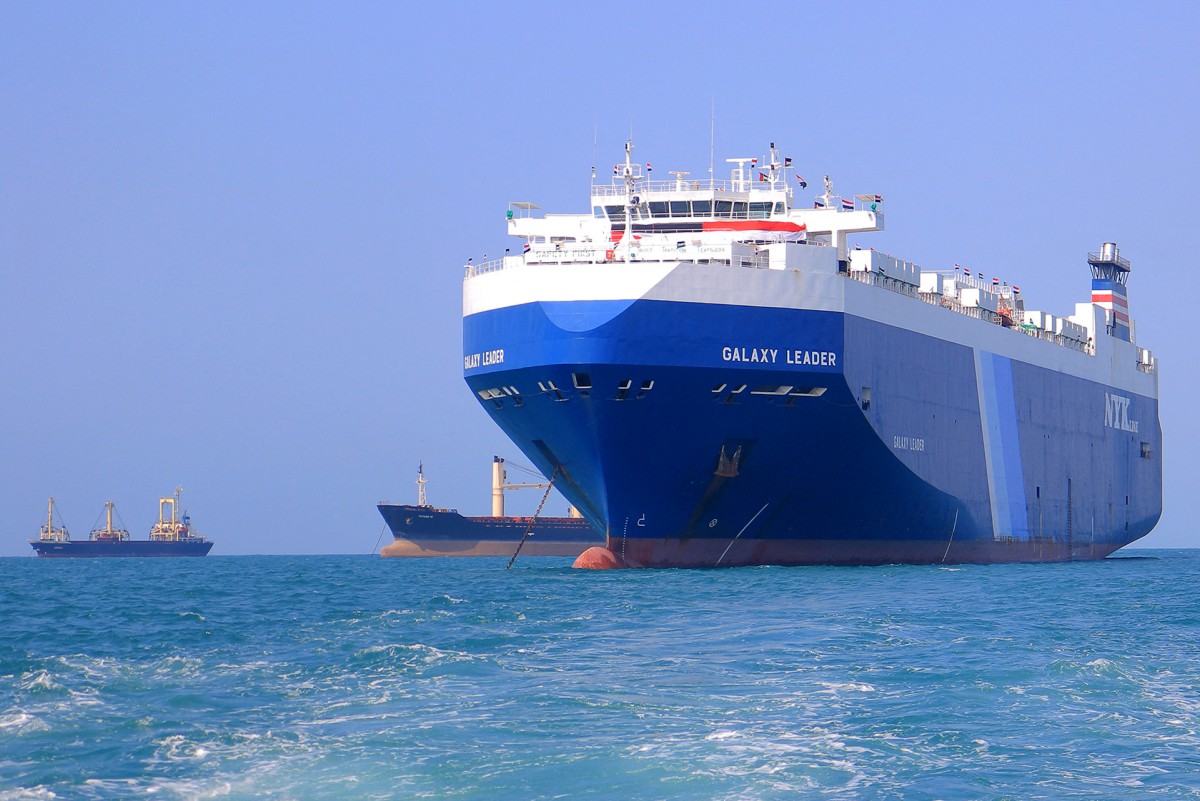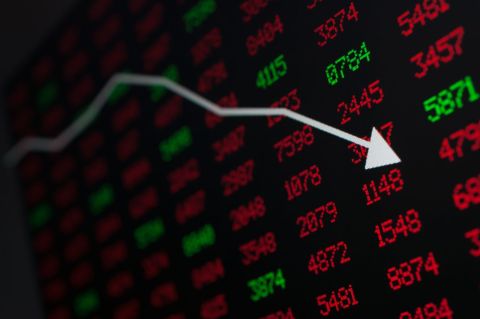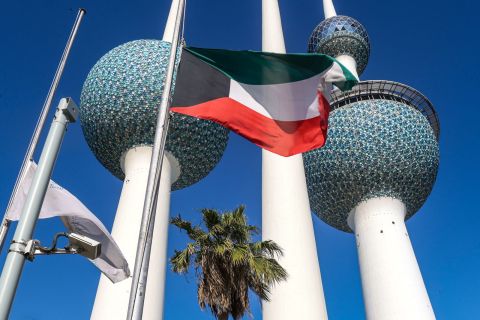US dollar steady, oil prices up on Russia cutting exports, Houthi threats
ALBAWABA – Oil prices rose as Russia’s crude exports dipped despite a steady US dollar, aided by the continued threat by Houthi rebels in Yemen, as attacks on ships raised concerns of disrupted shipping through the Red Sea.
Brent crude futures were last up $0.63, or 0.8 percent, according to Reuters, at $77.18 a barrel by 0730 GMT, while West Texas Intermediate (WTI) crude traded at $72.04 a barrel, up $0.61, or 0.9 percent.
Russia said on Sunday it would deepen oil export cuts in December by up to 50,000 barrels per day or more, earlier than promised, as the world's biggest exporters try to bolster global oil prices.

US dollar steady, oil prices up on Russia cutting exports, Houthi threats - Shutterstock
This comes after Moscow suspended about two-thirds of loadings of its main export grade Urals crude from ports, Reuters reported, due to a storm and scheduled maintenance on Friday.
Both Brent and WTI ended their longest streak of weekly declines in half a decade with a small gain last week after the United States (US) Federal Reserve (Fed) meeting last week.
Fed statements raised hopes that interest rate hikes are done for 2023 and that cuts are on their way soon in 2024.
Meanwhile, Bloomberg’s US dollar index spot was barely changed by 1418 Amman Time, up 0.01 points, at 102.5550.
Agence France-Presse (AFP) reported the dollar was last up against the yen on Friday, and down against the Euro and Pound Sterling.
Oil prices up on Houthi threat disrupting Red Sea shipping, US dollar steady
Egypt’s Suez Canal Authority said it is “closely following” tensions in the Red Sea after the US said it shot down 14 drones launched from Iran-backed Houthi-controlled areas of Yemen.
Maersk Tankers A/S said it would insist its vessels have the option to avoid the Red Sea shipping route altogether, Bloomberg reported.

US dollar steady as oil prices rise on Houthi threat disrupting Red Sea shipping - AFP
Meanwhile, Major shippers MSC Mediterranean Shipping Co. and CMA CGM SA – among others – announced over the weekend that they will no longer be sending their vessels through the chokepoint, as the threat escalate.
Houthi militants have been attacking more and more merchant ships in the Red Sea — especially vessels that they claim are connected to Israel — in response to the Israeli genocide in Gaza.
Bab al-Mandab is one of the world's most important routes for global seaborne commodity shipments. Particularly so for crude oil and fuel exports to the West, from the Gulf, through the Mediterranean via the Suez Canal, or through the nearby SUMED pipeline. As well as for commodities heading eastward for Asia, including Russian oil.









